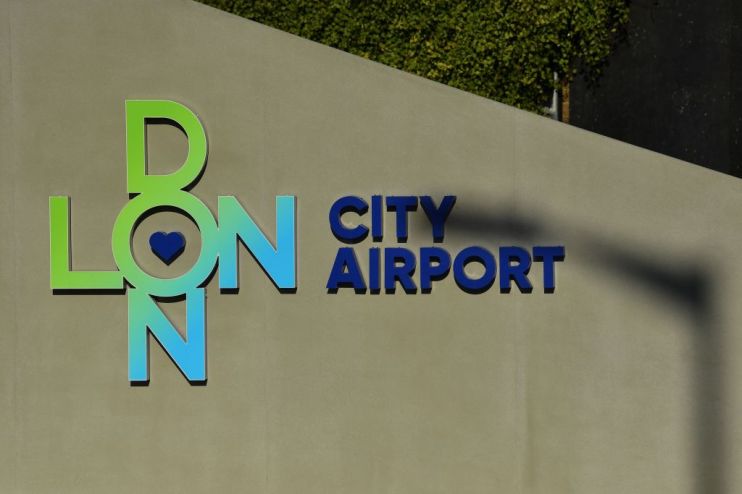London City Airport to appeal Newham Council’s decision to block growth plans

London City Airport has said it will appeal against Newham Council’s decision to block its plans to expand flying hours and passenger capacity.
“This was the wrong decision and did not properly balance the limited impacts with the very significant benefits of the proposals, particularly in the context of government policy, including making best-use of existing runway capacity,” the airport said in a statement today.
Councillors on Newham Council’s Strategic Development Committee voted unanimously to reject the proposals yesterday afternoon, largely due to noise pollution concerns .
City Airport had been attempting to boost its passenger capacity from 6.5 to 9 million and extend operating hours at the hub, estimating this would create more than 4,500 additional jobs and add £702m to London’s economy.
The airport, which is particularly popular among business travellers due to its proximity to the Square Mile, operates under strict curfews because of its location in the city.
Had its submission been accepted, the east-London hub would have seen flying hours increase on Saturday afternoons from 12:30pm to 6:30pm, with an additional hour in summer.
From Monday through to Friday, three additional flights would be added in the first half hour of the day – between 6:30am and 7am.
Robert Sinclair, London City Airport’s Chief Executive, said he was “disappointed” with the council’s decision.
“We have worked incredibly hard to develop proposals that genuinely reflect concerns raised, sought feedback from our local community and worked closely with the Council’s planning officers. Their views are built into our proposals to ensure that we addressed appropriate concerns and continue to be a good neighbour and local employer,” Sinclair said.
The expansion proposals prompted anger from local campaigners and councillors when they were first put forward. They argued the expansion would prompt an increase in noisy flights and carbon emissions.
But City Airport has argued that its mandatory requirement for airlines to operate “new generation aircraft,” which are typically quieter and cleaner, would reduce the impact. It also argues that the proposals do not include an increase in the number of annual flights beyond what is currently permitted.
The appeal is now with the Planning Inspectorate (PINS), with a decision date to be decided.